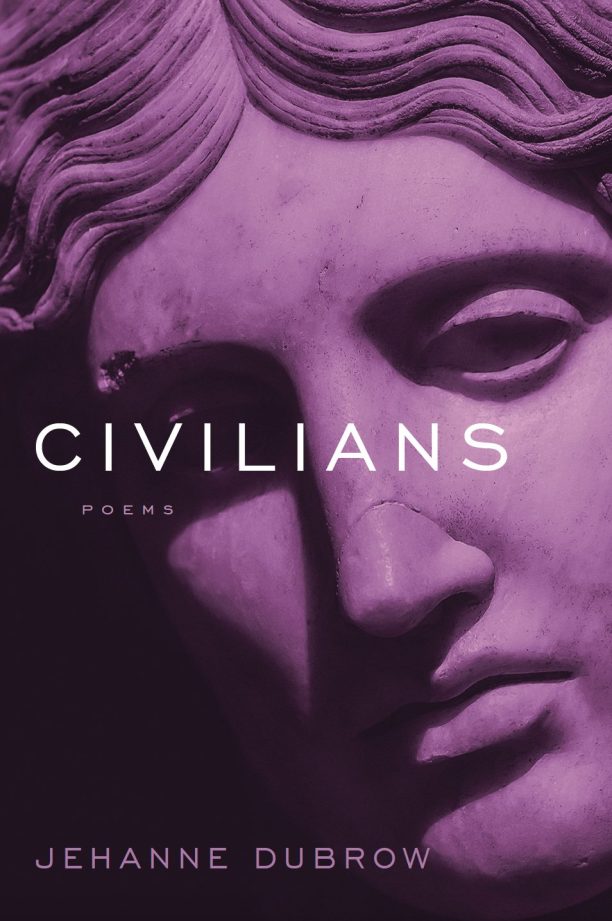ZINZI CLEMMONS interviews YVONNE ADHIAMBO OWUOR

Yvonne Adhiambo Owuor is the recipient of the 2003 Caine Prize for African Writing for her story “Weight of Whispers.” She is the author of the forthcoming novel, Dust (Knopf, January 2014), an excerpt of which was published in Issue No. 06 of The Common. While in South Africa Zinzi Clemmons talked with Kenyan-based Owuor about “deadlines as flexible soul mates,” lessons in artistic humility, consulting “the passing herdsmen” on the art of reading the landscape, and the up-and-coming literary world of Kenya.
*
Zinzi Clemmons (ZC): Where are you now?
Yvonne Adhiambo Owuor (YAO): I am, at this moment, in Nairobi, Kenya.
ZC: What is your favorite place to write, if any?
YAO: Places that are happy with silences, places close to water, cozy, warm places with a view and gorgeous hiking trails.
ZC: When did you start writing?
YAO: Primary school. Mum would argue that it was before that – when I discovered that crayons could adorn pristine white walls.
ZC:You are an award-winning fiction writer, having won the prestigious Caine Prize for African Writing in 2003. You’re also a screenwriter. What is the difference in process for you, between writing screenplays and fiction?
YAO: Screenplays: brevity, ascetic discipline, haiku, work at large brown desk with straight back chair, drink water, deadline focused. Fiction: luscious possibilities, delight in rewriting, work in bed propped up by big, colorful pillows (landscape watching included as part of writing time), inhale tiramisu, treat deadlines as flexible soul mates.
ZC: In Issue No. 06 of The Common we published the prologue from your novel, Dust. This chapter closely narrates the death of one of the novel’s characters, Odidi. Does the rest of the novel continue in this style? Do we meet Odidi again?
YAO: The prologue contains style aspects that are used in other sections of the story. The reader does get to encounter Odidi through the memory of his life as evoked by those his death touches.
ZC: What was the process of writing this novel like?
YAO: A long, difficult, rewarding, growth-focused relationship; a wonderful lesson in artistic humility.
ZC: Dust is your first novel. What do you plan for your future writing projects?
YAO: Writing a new novel on the Indian Ocean, working title Dragonfly Monsoon. Looming at the back of my mind is a fantasy novel structured around the worlds of the Nile. I did not go looking for that one. It has been barking at my shoulders for a few months now. But I do have to finish Dragonfly Monsoon first.

ZC:How has your home country of Kenya effected your writing? The landscape, the culture, and the language(s)?
YAO: Kenya is the humus from which even my desire to write emerges.
ZC: Which Kenyan authors should we be reading?
YAO: Binyavanga Wainaina, Rasna Warah, Tony Ontita, Steven Partington (poet), Stanley Gazemba, Shalini Gidoomal, Parselelo Kantai, Jacqueline Lebo… there are so many others, and also new names about to roar to the surface over the next couple of years.
ZC: What are your feelings about the literary landscape in Kenya?
YAO: Throbbing with explosive possibilities. An integrated, appropriate support ecosystem (editors, publishers, agents) is still lacking though.
ZC: Are there certain literary magazines, reading series, or bookstores in Kenya where you go to find contemporary writers and new voices?
YAO: In Kenya, Kwani? Journal. The university spaces. Here is a Nairobi secret – the best way to tap into the pulse of what is new and happening in its literary universe is to go to Chan, a national treasure in himself, at Bookstop, Yaya centre, Nairobi. If you ever want to know the inner heart of literary happenings in Nairobi, Go to Chan. But having said that, Nairobi is not Kenya. To find out what is happening in other Kenya spaces, seek out teachers, bar owners. In older spaces, if you care to include reading landscape as a literary art form, do consult with passing herdsmen.
ZC: In her essay “Create Dangerously,” Edwidge Danticat says, “All artists, writers among them, have several stories–one might call them creation myths–that haunt and obsess them.” Do you agree with this idea? If so, what are your creation myths?
YAO: I like that idea – stories that haunt. I would not classify the tales that haunt me as creation myths though. They are relentless taskmasters with cattle prods delivering a bzzzz that will not let me become comfortable. These include my eternal bewilderment with the human condition, a not-morbid (honest) curiosity about death – its whys and what afters, humanity in nature and nature in humanity, human silences and subtexts and how these have subterranean lives.
ZC: Along the lines of that question, are there any authors, books or short stories you draw on for creative inspiration?
YAO: Oh so, so many and from all worlds. And everyday I run into new ones to fall deeply in love with and also claim as patron saints. Poets, musicians and visual artists are absolutely a part of the inspiration. Hafiz, Tagore, Thomas Merton, Salvador Dali, Primo Levi, Nusrat Fateh Ali, Elie Wiesel, Dave Brubeck, Gabriel Garcia Marquez, Isaak Dinesen, Peter White, Bryce Courtney, Grace Ogot, Peter Elungat, El Greco, Mozart, Michael Ondaatje, Manu Dibangu, Teresa of the Child Jesus, John of the Cross, Baudelaire, Wole Soyinka, Arundati Roy, Chimamanda Adichie, Binyavanga Wainaina, Teju Cole, Alison Ojany, Parselelo Kantai, Michaela Wrong, Alexandra Fuller, Oscar Wilde, Graham Greene, JR Tolkien, Peter Kreeft, Abdulrazak Gurnah, Jorge Armado, Etty Hillesum. Oh I could go on and on and on… and on.
ZC: What are you reading now?
YAO: I am re-reading Heidi Holland’s Dinner with Mugabe, and staring at Mark Curtis’s Unpeople, which I have been intending to read for a long time now.

Yvonne Adhiambo Owuor‘s “from Dust“was published in Issue No.06 of The Common.
Zinzi Clemmons is a writer and editor living in Philadelphia.



